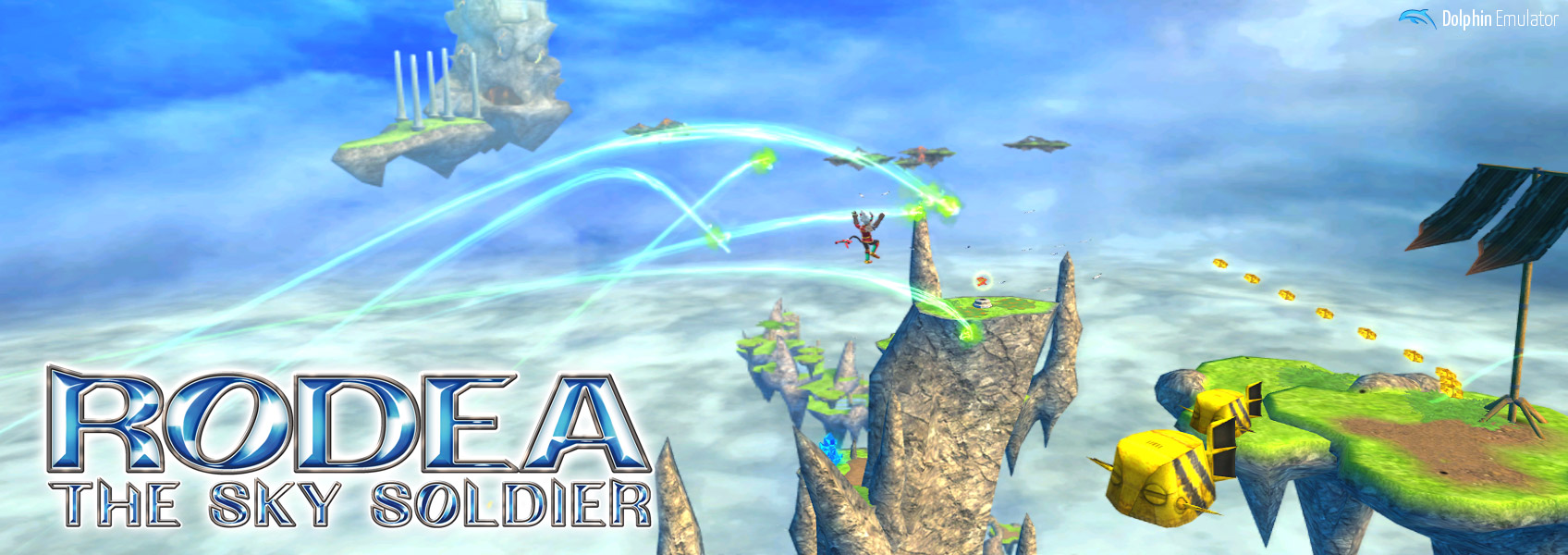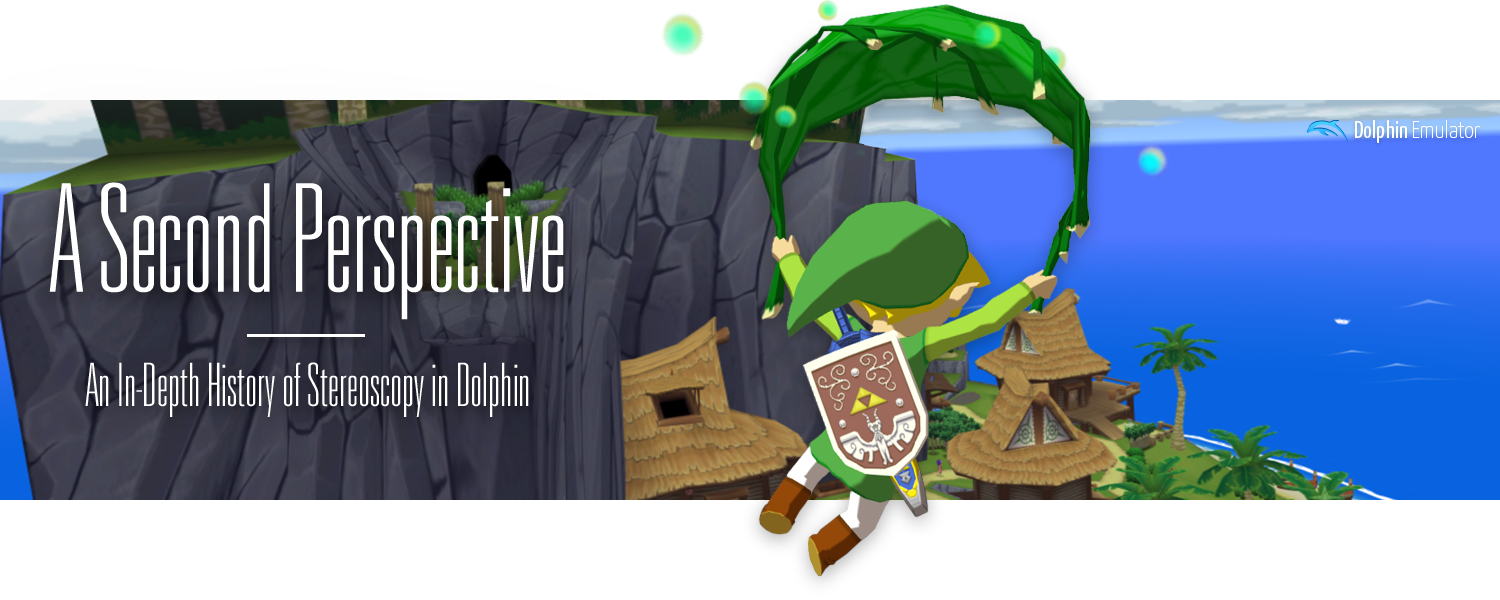Black Friday is a day when many gamers splurge for deals on their favorite games and consoles. For Dolphin testing, this presents an opportunity for users and testers alike to get a lot of games for very, very cheap. So, in honor of that, here's a picture of a Black Friday haul. Thirty-three Wii games and a Drawesome tablet for fifty dollars isn't too shabby of a haul, plus other deals and markdowns grabbed throughout the week make for a monster pile of games to test!
You can continue the discussion in the forum thread of this article.
It's now late in 2015, and the Wii U has comfortably supplanted the Wii as Nintendo's flagship console. While there have been a few Wii releases the past couple of years, most of them are just low-quality ports of titles that are much better on other platforms along with the typical shovelware. But Rodea: The Sky Soldier is very different story. It is a high quality third party release for the Wii. In 2015. This would be a neat, but not exactly newsworthy story, except there is no …
Continue reading
You can continue the discussion in the forum thread of this article.
As the twilight of the Dolphin 4.0 era approaches, code cleanup and regression hunting have become a high priority, fixing the serious and minor issues that have cropped up over the past year and a half that remain unaddressed. From remedial problems such as INI issues to Real Wiimotes issues on OS X, a lot of those important minor issues have been tackled. As if that wasn't enough, there are still exciting developments within several core features to keep users satiated in this month's Progress Report.
…
Continue reading
You can continue the discussion in the forum thread of this article.
After a slow April month, a chaotic May more than makes up for it. On top of working on an emulator, developers had their hands full with relicensing. It's always a good month when you can look back at the issues that were fixed and go "phew," hoping to never, ever encounter anything like that ever again.
A wide variety of issues, features and enhancements saw important updates this month that increase playability and make the emulator more robust. Please enjoy this month's progress report!
Continue reading
You can continue the discussion in the forum thread of this article.
Videogames are interactive experiences with emotional highs and lows, providing players with thrilling experiences alongside wondrous vistas. The greatest games can leave lifelong impacts on their players long after the controller is put down.
Emulators serve as a convenient way to relive those past experiences and rediscover hidden gems from one's childhood. But what if an emulator could not only recreate those moments, but enhance them by pushing the games you know and love to new heights? At what point do people say that the must-play …
Continue reading
You can continue the discussion in the forum thread of this article.
On the one year anniversary of the Dolphin Progress Report, we have a fairly slow month in terms of emulation development. While there are certainly some big things on the horizon, unfortunately development managed to hit one of the gaps where there were mostly some fix-ups and optimizations this month with only a few changes that users will notice.
With that, let's take a look at this month's notable changes.
Notable Changes
You can continue the discussion in the forum thread of this article.
Console add-ons and linking emulation are almost always difficult tasks. Worse yet, availability, software support, cost, and even popularity can limit the ability to get these hardware add-ons documented and emulated. While their are numerous examples spanning tons of consoles and their respective emulators, this month, we're talking about GameCube to Game Boy Advance Connectivity.
Timings and synchronization are a given on real hardware; games know how it's going to work and many expect it to always work perfectly. When it doesn't? Certain games break. Now imagine a …
Continue reading
You can continue the discussion in the forum thread of this article.
Software licensing has been a way to control not only the quality of products for game consoles, but also limit what developers could do. From the Nintendo Entertainment System onward, Nintendo has used a variety of lockout chips and DRM in order to make sure all of the products on their consoles had the Nintendo Seal of Approval. Their efforts kept quality much higher than in the previous era of gaming, but did not completely stomp out all unlicensed products and games. For the GameCube, Wii, and many other …
Continue reading
You can continue the discussion in the forum thread of this article.










